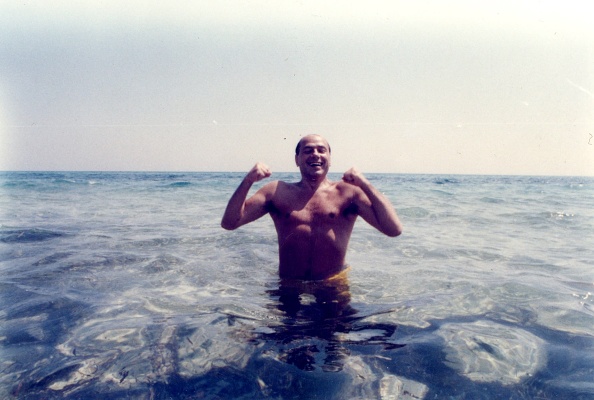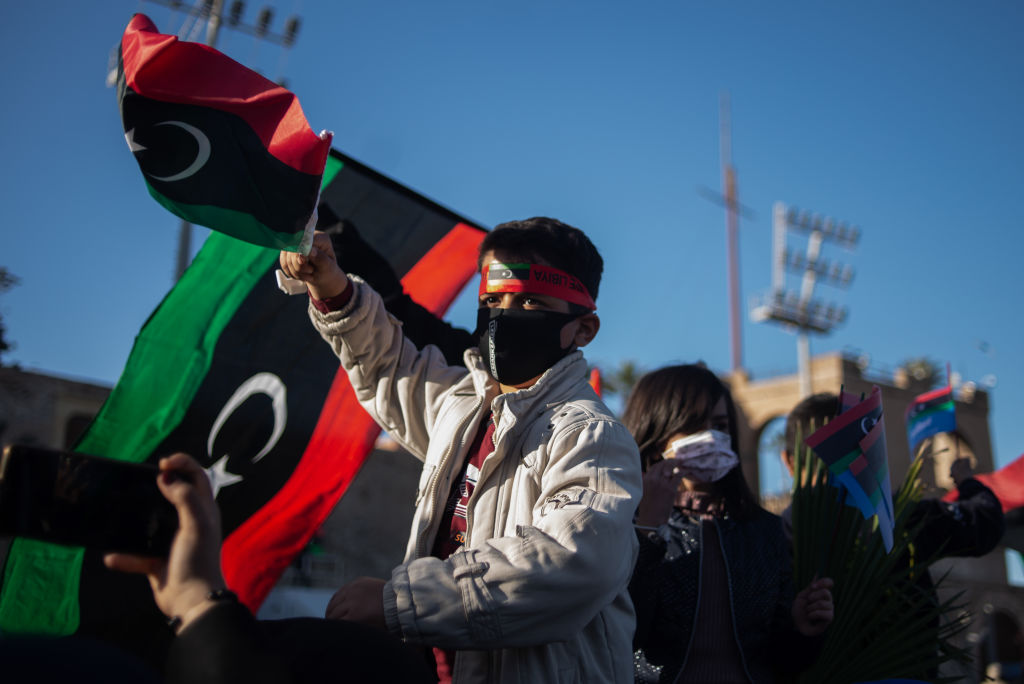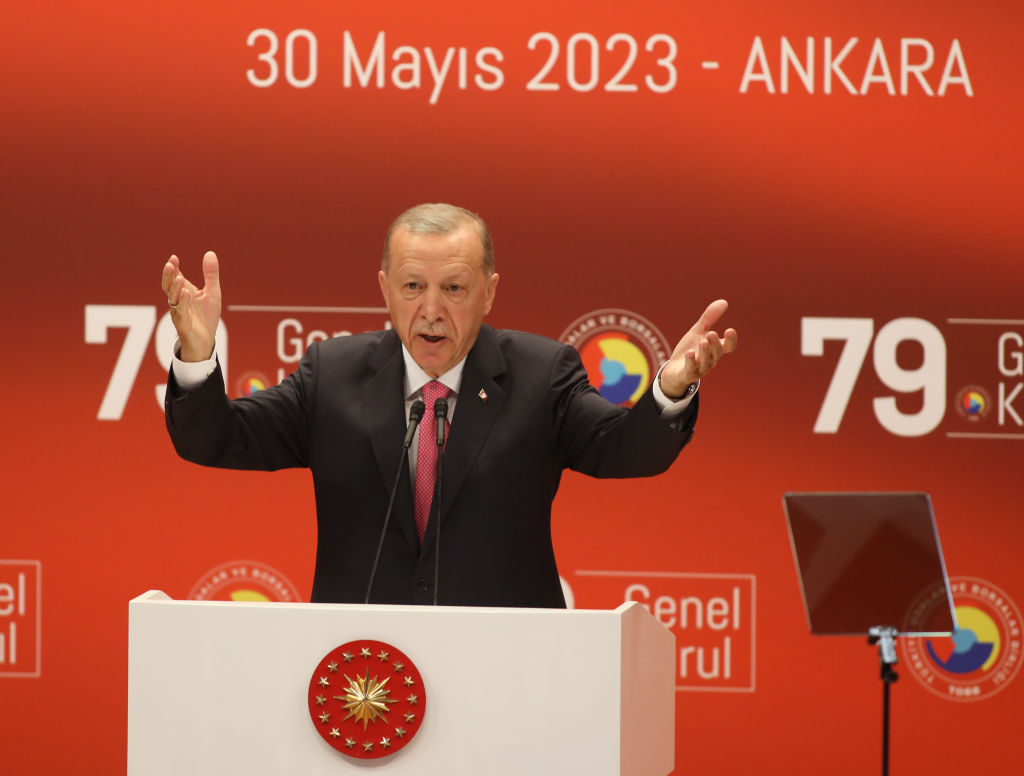Comparisons have long-been made between former US President Donald Trump and former Italian Prime Minister Silvio Berlusconi. When Trump was running his campaign in 2016, some Italian commentators warned the US that Italy had already had their own version of Trump – Berlusconi. Upon Berlusconi’s death, those comparisons went viral on social media.
The similarities between the two are striking, both in terms of their careers and character traits.
Career wise, they are both successful property developers. Building on his father’s success in New York’s outer Boroughs, Trump started his career in the real estate market in Manhattan – and, supposedly, became a billionaire in the process.
Berlusconi started his career without an inheritance – or a “very small” million dollar parental loan. But similarly, the Italian entrepreneur’s started his Herculean ascent as a developer in his home city. Berlusconi notably created the parallel cities of Milan 2 and Milan 3; he certainly did become a billionaire in the process.
Both men shared a passion for female pulchritude. Trump rose to fame by organising beauty pageants; the Italian showcased beautiful women on his television channels in the most shameless, unsubtle manner.
They both even shared a passion for sports. Trump became the owner of the American football team New Jersey Generals, and Berlusconi bought AC Milan. Though here, one can notice the first difference: in large part because of his disagreements with the coach, the New Jersey Generals failed under Trump’s leadership. Berlusconi’s decades-long ownership of AC Milan saw the team rise to the top ranks worldwide, breaking all records.
Berlusconi understood the power of the media and how vital it was in shaping public opinion – and therefore his political future. Perhaps Berlusconi was an unwitting disciple of Antonio Gramsci. The intellectual and former head of Italy’s Communist Party coined the term “cultural hegemony” to argue that true influence lied in the cultural institutions that shape the consciousness of the public.
Berlusconi understood it wasn’t enough for him to be a property developer and a politician, he needed to change cultural attitudes in order to defeat what he saw as his primary enemies – the Communists and their profound influence in post-war Italy.
Berlusconi became a media tycoon, founding the television channel Mediaset. He bought the mainstream conservative newspaper Il Giornale, founded by renowned journalist Indro Montanelli. This enabled Berlusconi to sway public opinion in his favour – or at least normalise attitudes towards the Right, which had been thoroughly ideologically tarnished with fascism. Pre-Berlusconi, the Left very much dominated Italian media culture.
Parallels have been drawn in terms of their personalities. Both Trump and Berlusconi are outspoken individuals, indeed comically so. But there are striking differences between their character. These differences led Berlusconi to be more successful, helping him survive unending controversy.
Berlusconi – despite being outspoken, controversial, even scandalous – was far more charming, calm and cordial than Trump. He treated even his enemies with basic manners, at least in public. Trump is more aggressive, abrasive and rude to those who criticise him – seeking to humiliate them publicly.
Berlusconi didn’t engage in outrageous tweets, or child-like memes on social media – his public persona was somewhat more presidential, despite his inappropriate comments to the press or his supporters.
These traits allowed him to let his party Forza Italia be a junior party in the current Right-wing coalition. This enabled him to survive various ongoing prosecutions, even for allegedly sexually exploiting minors at his “Bunga Bunga” parties. Such an accusation would probably force Trump and his associates to withdraw from politics completely.
Part of Berlusconi’s success can be explained by the more tolerant approach the Italian public has towards tax evasion and prostitution. The US has a more puritanical view to political life.
Once in power, Trump antagonised his enemies further, providing them with plenty of ammunition to fight him. He also lacked Berlusconi’s media dominance – even some conservative media channels and commentators turned against Trump.
Berlusconi saw his fight as being against communists, while Trump sees his crusade as a fight against the “woke establishment”. Trump’s rashness and recklessness led to the storming of Capitol Hill on January 6. Berlusconi was happy to wait for reelection when he was ousted under foreign pressure. The Italian was more strategic and even gentler to those who opposed him.
When Berlusconi died, even his most ardent enemies acknowledged his successes in changing his country and paid their respects. It is hard to imagine Trump’s death evoking a similar reaction from those who despise him.
Alessandra Bocchi is Associate Editor at Brussels Signal





Presidentialism: What Giorgia Meloni has, and other Right-wing leaders would do well to emulate